Faith: Part One
Lewis says that the virtue of Faith seems to have two senses about it, or two different levels. The first level is merely Belief, accepting or recognizing the doctrines of Christianity as true. But, you may ask, how can simply believing in something be considered a virtue?
"Obviously, I used to say, a sane man accepts or rejects any statement, not because he wants or does not want to, but because the evidence seems to him good or bad. If he were mistaken about the goodness or badness of the evidence that would not mean he was a bad man, but only that he was not very clever. And if he thought the evidence bad but tried to force himself to believe in spite of it, that would be merely stupid."
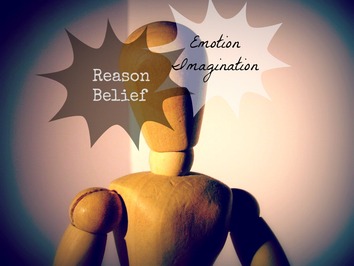
So how do we strengthen this virtue? How do we train our Faith?
- Step One: Acknowledge and be aware that your moods will change. It is part of the human experience and doesn't necessarily prove or disprove anything about a view.
- Step Two: If you are a Christian, commit to be diligent in those practices that strengthen your faith (prayer, reading God's word, attending church, educating yourself about Christianity and how to defend it). In essence, feed your Faith; nourish it, and it will grow.
So once a man is aware of these two realities, that is when the second level of Faith begins.
Before Lewis begins discussing the next level of Faith, he makes this statement:
"If this chapter means nothing to you, if it seems to be trying to answer questions you never asked, drop it at once. Do not bother about it at all. There are certain things in Christianity that can be understood from the outside, before you have become a Christian. But there are a great many things that cannot be understood until after you have gone a certain distance along the Christian road."

It is only by trying our very hardest to keep the moral law that we realize we really cannot ever succeed in doing so. At this point, or after this gradual process of really seeing our inadequacy, we come to the realization that we need someone who will lend us His perfect obedience and fill up our deficiencies and make us like Himself - which is where Christ comes in. "Christ offers something for nothing: He even offers everything for nothing." We come to a point where we see that all of our own efforts cannot save us, so we stop trying to save ourselves and hand it over to Christ. This handing over of ourselves then leads to our trying to do all that He says, trying to obey:
In closing the chapter on Faith and the final chapter of Book Three, he has this to say:
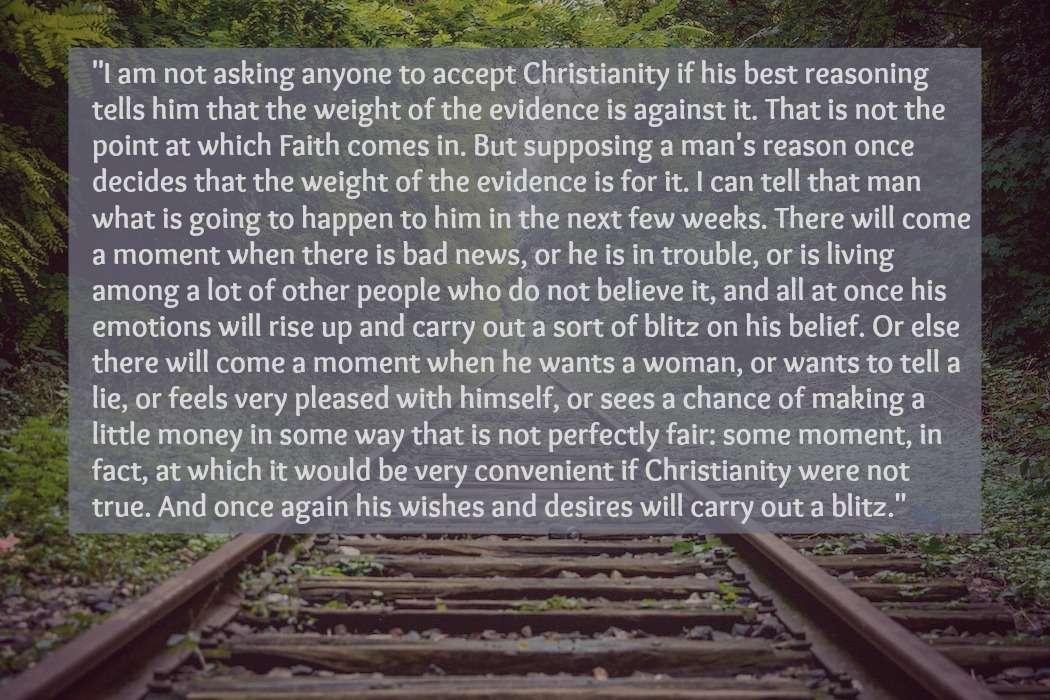
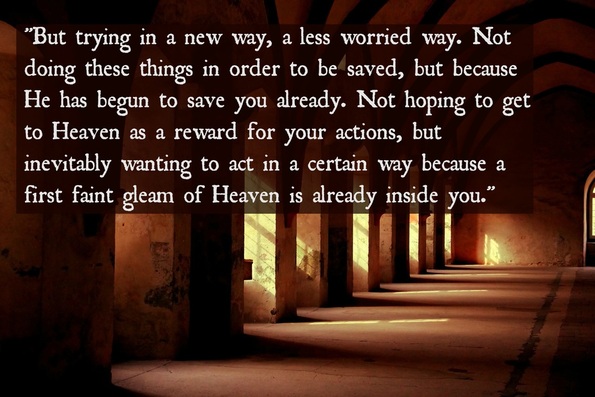
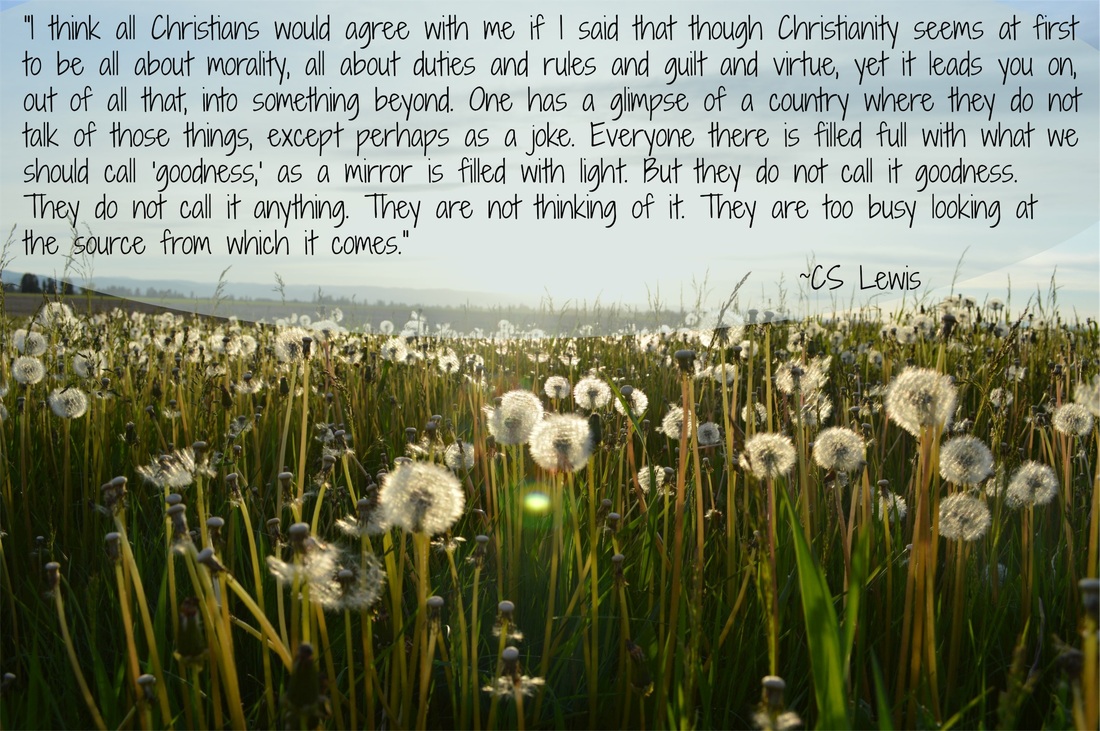





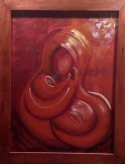



 RSS Feed
RSS Feed
